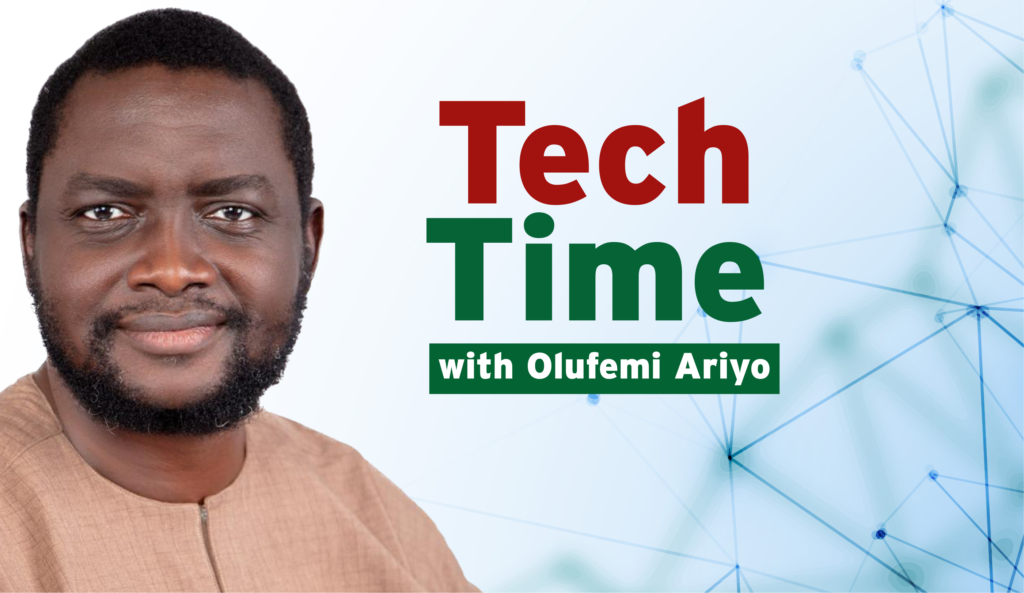Building sustainable economic structures through policy: Atiku Bagudu's bold moves for economic inclusion
Before transitioning into politics, Bagudu had a robust banking and economic policy career. He worked as an economist at the Central Bank of Nigeria, held leadership positions at CitiBank and FSB International Bank Limited, and even had a stint with the World Bank/IFC in 1993. His expertise positioned him for political leadership, serving as a Special Assistant to the Minister of Finance, Dr. Kalu Idika Kalu, before being elected Senator for Kebbi Central in 2009 and re-elected in 2011. In 2015, he contested and won the Kebbi State Governorship election under the All-Progressives Congress (APC), serving two terms from 2015 to 2023.
As Governor, Bagudu implemented far-reaching poverty reduction strategies, strongly emphasising agriculture, economic inclusion, and social investment programs. His tenure saw Kebbi State become a benchmark for agrarian reform and economic transformation.
One of his most remarkable legacies was leading Nigeria’s rice revolution. Recognising agriculture’s potential to drive economic inclusion, Bagudu partnered with the Central Bank of Nigeria (CBN) to launch the Anchor Borrowers’ Programme (ABP). Through this initiative, over 70,000 rice farmers in Kebbi State received access to financing, mechanised farming tools, improved seedlings, and training. The results were staggering—Kebbi’s rice production jumped from one million metric tons annually to over two million, positioning the state as Nigeria’s top rice producer and significantly reducing rice imports.
Atiku Bagudu also diversified Kebbi’s agricultural economy, investing in wheat, cassava, and livestock farming, creating thousands of jobs and fostering agribusiness growth. His agricultural extension programmes provided smallholder farmers with modern techniques, reducing rural poverty significantly. Recognising his agricultural success, he was appointed Chairman of the Presidential Task Force on Rice and Wheat Production and Vice Chairman of the National Food Security Council.
Beyond agriculture, his administration launched the Kebbi State Social Investment Programme (K-SIP), providing financial grants, skill training, and business support to over 40,000 women and youth entrepreneurs. K-SIP included a microfinance scheme granting small businesses zero-interest loans, enabling economic expansion and reducing dependency on informal moneylenders.
Under his leadership, Kebbi was declared the most prosperous state in Northwest Nigeria by the National Bureau of Statistics (NBS) due to its rapid economic growth. His tax reduction policies and free land allocation attracted business investments and industrial expansion.
His administration also prioritised education and skills development, launching programmes that trained over 15,000 youths in digital skills, agribusiness, and entrepreneurship. These initiatives reduced unemployment and rural-urban migration by fostering economic opportunities within the state.
On healthcare, Bagudu expanded primary healthcare services, strengthened maternal and child health programmes, and introduced a community health insurance scheme to make medical care more affordable for low-income families.
Furthermore, he invested heavily in infrastructure, constructing rural roads, bridges, and electrification projects to connect farmers to markets and small businesses to growth opportunities. The Kebbi State Rural Electrification Project improved productivity and enhanced economic activities in remote areas.
Bagudu’s leadership in Kebbi provided a model for poverty reduction, which he has carried into his role as Minister of Budget and Economic Planning under President Bola Ahmed Tinubu. His tenure as governor proved that strategic government interventions could yield measurable economic benefits, and now, he is applying those principles nationwide.
As minister, he has spearheaded the National Poverty Reduction with Growth Strategy (NPRGS), a programme inspired by K-SIP that ensures local communities directly benefit from federal poverty-alleviation programs. In 2023 alone, NPRGS created 67,038 jobs, with initiatives focusing on financial inclusion, rural development, and business growth.
He has also expanded the NG-CARES initiative, originally a COVID-19 relief programme, into a long-term economic resilience strategy. With over seven million vulnerable households benefiting across 35 states and the FCT, NG-CARES applies the community-driven model he successfully implemented in Kebbi. Additionally, Bagudu has championed fiscal responsibility and transparency, ensuring budget allocations are data-driven and targeted towards high-impact programmes. His commitment to economic inclusion for women and small businesses remains strong as he continues to promote gender-focused microfinance programs at the federal level.
His role in infrastructure development has also expanded. Just as he prioritised road construction and electrification in Kebbi, he has worked to increase federal budget allocations for rural infrastructure nationwide. His emphasis on geospatial planning ensures targeted and practical development projects nationwide.
Bagudu’s approach to poverty alleviation is rooted in sustainable economic empowerment. His tenure as Governor of Kebbi proved that agriculture, financial inclusion, infrastructure development, and social investment programmes can lift thousands out of poverty. Now, as Nigeria’s Minister of Budget and Economic Planning, he is scaling those successes to a national level, ensuring that millions more benefit from structured and impactful economic policies.
His career—spanning banking, economic policy, legislative governance, and executive leadership—positions him as one of Nigeria’s most influential economic planners. His commitment to responsible fiscal management, grassroots development, and national economic growth continues to shape the future of Nigeria’s prosperity.
By leveraging his Kebbi success story, Bagudu is fighting poverty and building a foundation for a more prosperous and inclusive Nigeria.











